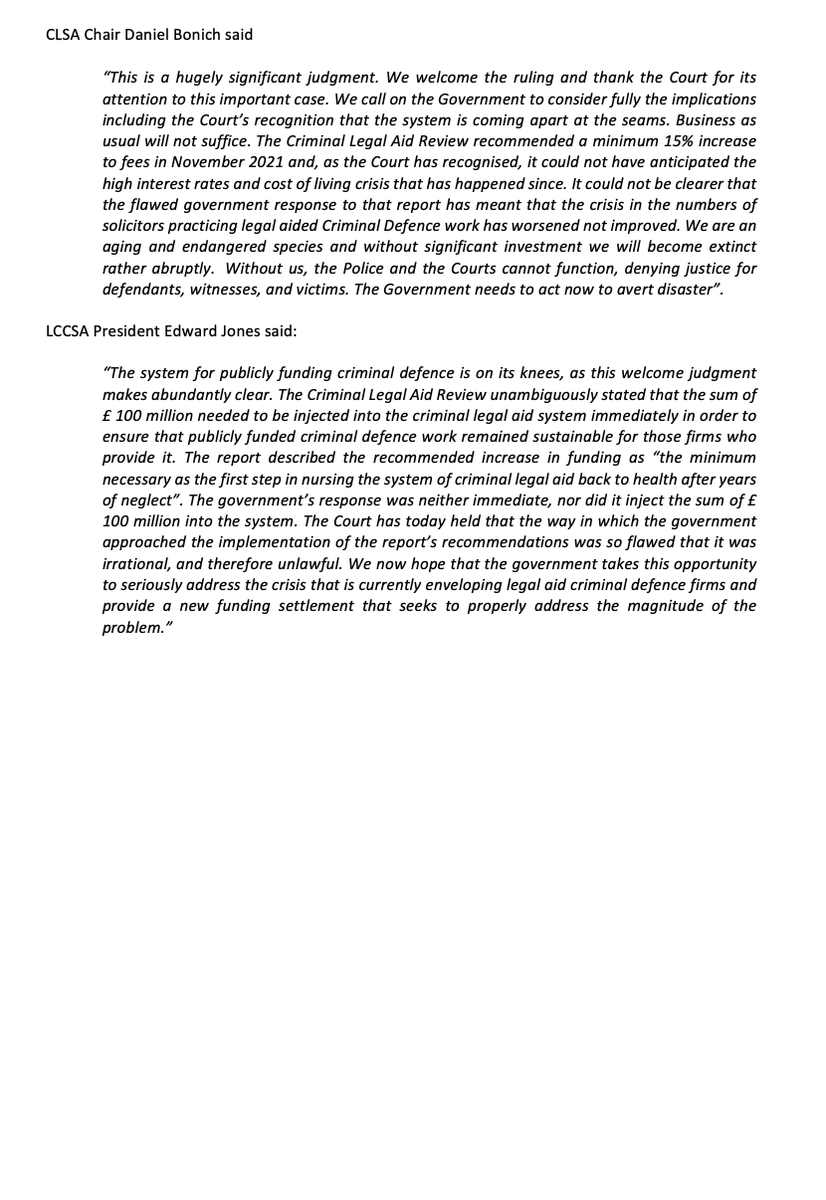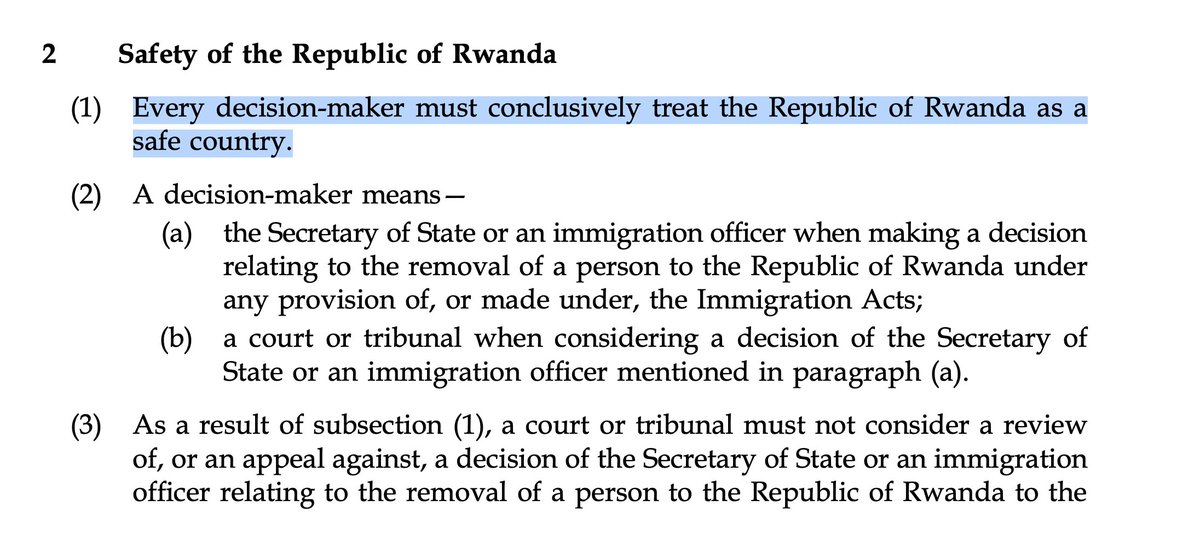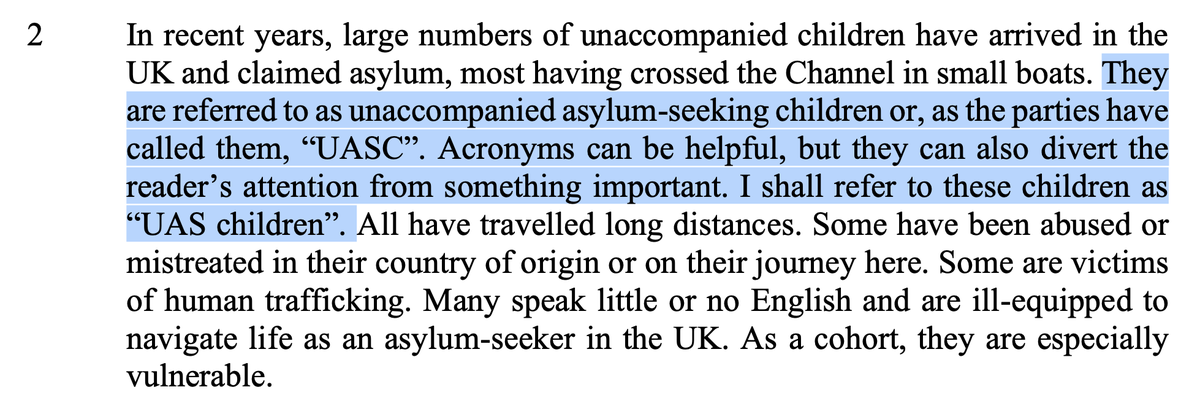The PM is now reported as being at 6 parties:
🥳20.5.20 BYOB
🥳19.6.20 PM birthday
🥳13.11.20 Lee Cain leaving
🥳13.11.20 No.10 flat
🥳17.12.20 Capt Steve Higham leaving
🥳14.1.21 Private secs leaving
What possible enforcement could the police use?
🥳20.5.20 BYOB
🥳19.6.20 PM birthday
🥳13.11.20 Lee Cain leaving
🥳13.11.20 No.10 flat
🥳17.12.20 Capt Steve Higham leaving
🥳14.1.21 Private secs leaving
What possible enforcement could the police use?
Throughout the pandemic the police have followed the "4Es" policy (met.police.uk/advice/advice-…)
Engage, Explain, Encourage and Enforce
But generally that applies when they come across breaches, as Cressida Dick says it is unusual for them to enforce retrospectively.
Engage, Explain, Encourage and Enforce
But generally that applies when they come across breaches, as Cressida Dick says it is unusual for them to enforce retrospectively.

I understand from @kirkkorner that there are some examples, especially early in the pandemic, of police going straight to charging with a criminal offence. But in most cases they try a Fixed Penalty Notice first.
A fixed penalty notice can be issued when
"An authorised person may issue a fixed penalty notice to any person that the authorised person reasonably believes has committed an offence"
That's from the "All Tiers" regulations which applied to all except the first two gatherings
"An authorised person may issue a fixed penalty notice to any person that the authorised person reasonably believes has committed an offence"
That's from the "All Tiers" regulations which applied to all except the first two gatherings

What would be the amount? Here's where it gets interesting.
Each event will have to be considered under the regulations in place at the time
A first FPN is £60 - £200 depending on when it took place (earlier in the pandemic was less)
Each event will have to be considered under the regulations in place at the time
A first FPN is £60 - £200 depending on when it took place (earlier in the pandemic was less)
But the amount of a fixed penalty notice increases with each subsequent one given. Here's what I think those figures would be:
🥳20.5.20 £100
🥳19.6.20 £200
🥳13.11.20 £800
🥳13.11.20 £1,600
🥳17.12.20 £3,200
🥳14.1.21 £6,400
Total: £12,300
🥳20.5.20 £100
🥳19.6.20 £200
🥳13.11.20 £800
🥳13.11.20 £1,600
🥳17.12.20 £3,200
🥳14.1.21 £6,400
Total: £12,300
If you want to see how I worked it out, it's a bit complicated but basically there are three sets of regulations in play:
May 20: legislation.gov.uk/uksi/2020/350/…
June 20: legislation.gov.uk/uksi/2020/350/…
Nov 20 lockdown: legislation.gov.uk/uksi/2020/1200…
All Tiers (from Dec 2020) legislation.gov.uk/uksi/2020/1374…
May 20: legislation.gov.uk/uksi/2020/350/…
June 20: legislation.gov.uk/uksi/2020/350/…
Nov 20 lockdown: legislation.gov.uk/uksi/2020/1200…
All Tiers (from Dec 2020) legislation.gov.uk/uksi/2020/1374…
It could actually be worse as we don't know how many people were at the 17 December gathering in the flat:
🥳If it was more than 30 then the PM (and Carrie) could be in line for a £10,000 Fixed Penalty Notice (in addition for the one for attending) for holding the gathering.
🥳If it was more than 30 then the PM (and Carrie) could be in line for a £10,000 Fixed Penalty Notice (in addition for the one for attending) for holding the gathering.
Is there any chance of prosecution?
I think the reality is probably not.
Generally the police have followed the "4E" approach which means FPNs are the key means of enforcement.
But...
I think the reality is probably not.
Generally the police have followed the "4E" approach which means FPNs are the key means of enforcement.
But...
... they have in some instances (e.g. Piers Corbyn organising anti-lockdown protests) used the Serious Crime Act 2007 to charge encouraging others to commit an offence.
Also more serious offences like Misconduct in Public Office but no indication that is being considered
Also more serious offences like Misconduct in Public Office but no indication that is being considered
This is an interesting point
It may be that the notices would be served sequentially.
It may be that the notices would be served sequentially.
https://twitter.com/weblyish/status/1488816280215998467?s=20&t=oYTRdgIf00VEd7Eb88PPww
The language for the doubling rule is:
"if the fixed penalty notice is not the first one issued to the person under a relevant enactment, the amount is"
If someone is issued 6 FPNs for 6 different events, I don't see how any but the first one could be "the first one issued"
"if the fixed penalty notice is not the first one issued to the person under a relevant enactment, the amount is"
If someone is issued 6 FPNs for 6 different events, I don't see how any but the first one could be "the first one issued"

It would strain the language of the regulations to say that 6 different fixed penalty notices, even if all sent at the same time, were "the first one issued"
If the PM was given a fixed penalty notice for a 7th gathering
🥳15 December Christmas quiz - now being considered for investigation by the Met
Then that would be another £6,400
So a total of £18,700
🥳15 December Christmas quiz - now being considered for investigation by the Met
Then that would be another £6,400
So a total of £18,700

The reality is I think that he is unlikely to get one for the 20 May gathering as it was in his own garden so I think £12,300 would still be the likely figure if FPNs are given out for all 7 gatherings (and assuming there is no £10k FPN for having more than 30 people in the flat)
• • •
Missing some Tweet in this thread? You can try to
force a refresh


















